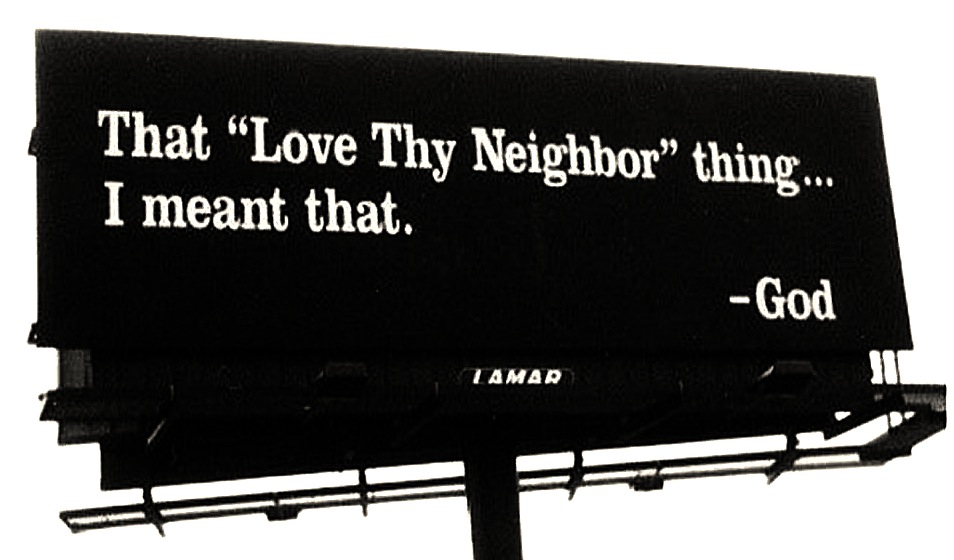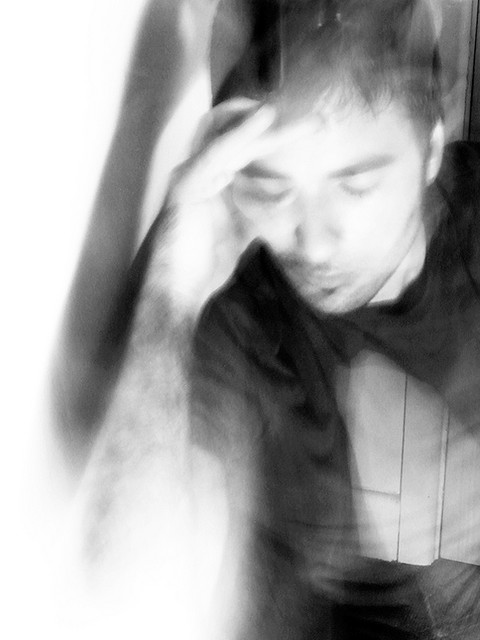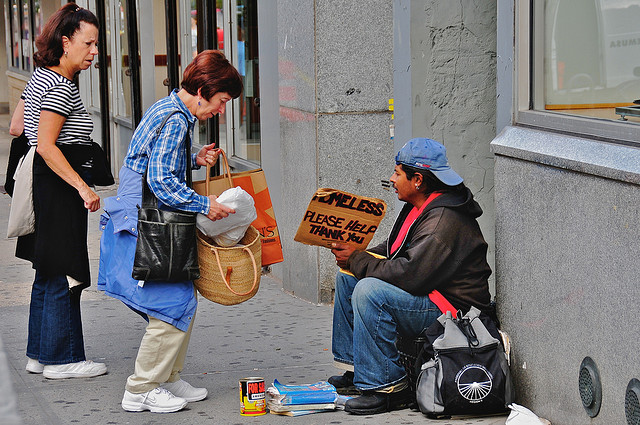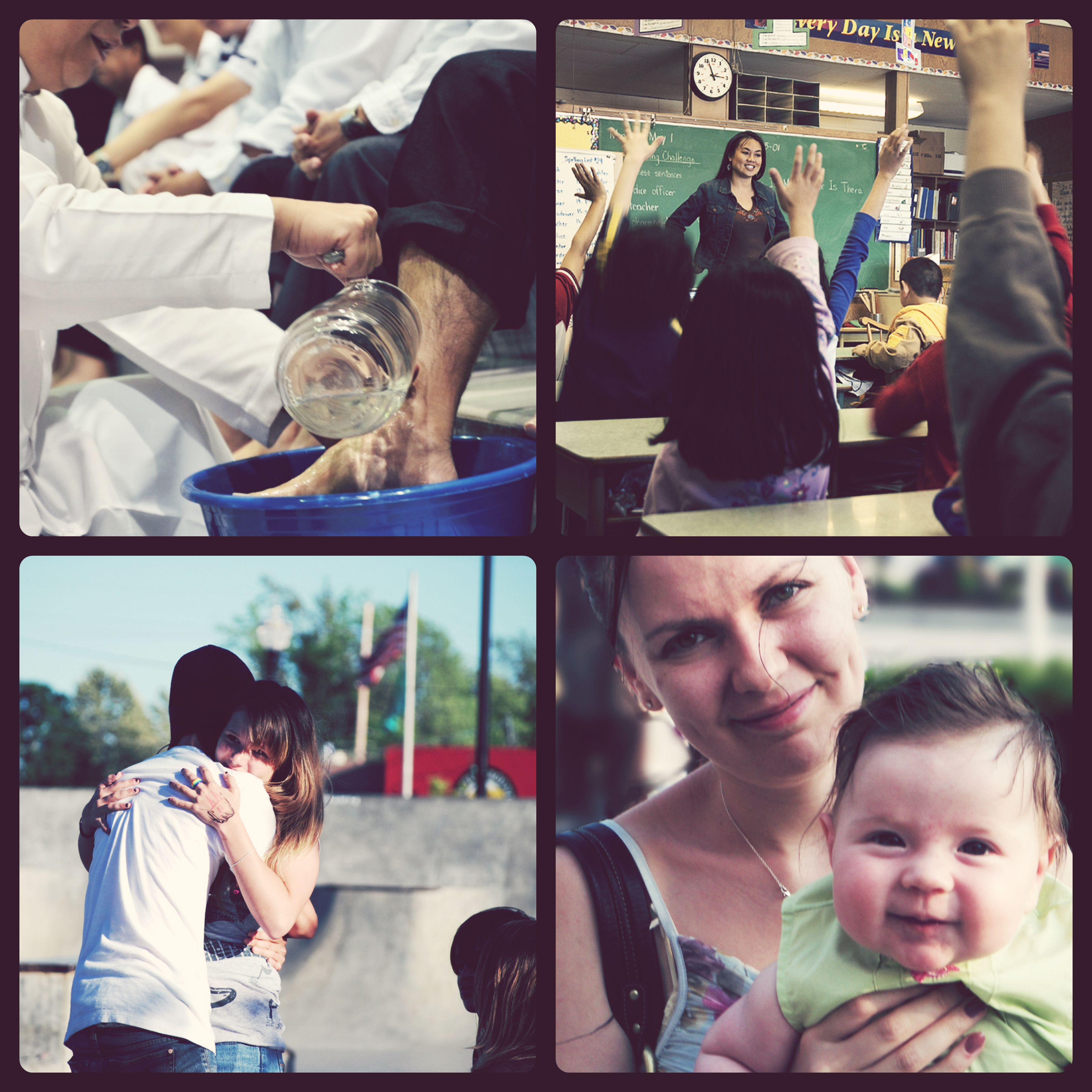 “Teacher, which commandment in the law is the greatest?”
“Teacher, which commandment in the law is the greatest?”
Jesus said to him, “You shall love the Lord your God with all your heart, and with all your soul, and with all your mind. This is the greatest and first commandment.” And a second is like it: “You shall love your neighbor as yourself”(Matthew 22:36-39).
Oftentimes, we focus intently on the call to love our neighbor, and rightfully so. According to Karl Rahner, SJ, love of God and love of neighbor are one and the same thing. “We accomplish what is the love of God in Christ when we allow the love of our neighbor to attain its own nature and perfection.”
Yet, we often neglect those last two words of the commandment – as yourself. In fact, I would venture to guess that for many of us, if we truly treated our neighbors the way we treated ourselves, we’d be a pretty lousy neighbor.
 Hurting in Love
Hurting in Love
The topic of love has been on my mind recently, given that today is Valentine’s Day. For many, this day is not just about reflecting on romantic partners, but also other people whom we love – our parents, brothers and sisters, friends, teachers, children, etc. My mother has always told me that as a parent, one of the most difficult things about motherhood or fatherhood is that whenever your child hurts, you feel your child’s pain ten times worse. I am not yet a mother, but as I have gotten older, I have realized that there is truth to this statement, and it need not only apply to the relationship between a parent and child. Perhaps, then, it can be fruitful for us to reflect on how to love and cherish ourselves in the same way we love and cherish the special people in our lives.
Reviewing my latest conversations with my boyfriend, my friends, and my parents, I am constantly telling them to make sure they get enough sleep, eat enough, and to go out and have fun because they deserve it. To me, it seem preposterous that these persons could not look in the mirror and see anything but beauty, or could think about their accomplishments and be anything less than amazed. I hate to see them unhappy, frightened, or discouraged.
God’s Hurting
If I hurt when those I love hurt, imagine how much more God hurts when all of us hurt. If we find beauty in our loved ones in spite of their flaws, imagine how much greater is the beauty that God finds in them and in us. What if we could truly see ourselves and love ourselves the way we are loved by God? Would we beat ourselves up so much over sleeping too late yesterday morning or not getting an A on the latest paper? Would we look in the mirror and call ourselves “too skinny” or “too fat?” Would we continue to suffer from impostor syndrome, thinking we do not belong where we are, and telling ourselves we are not good enough? Would we say we “did not deserve” the glass of wine we enjoyed with company last night or the surprise gift we received in the mail from a thoughtful friend? Would we still be unable to accept compliments? Would we continue to refuse to listen to parents who say they are proud, or a significant other who says he or she thinks we are beautiful?
I am not advocating doing away with humility. We should not think we are better than others, nor be unwilling to amend our opinions and views when coming across new voices and perspectives. But when we put ourselves down, torture ourselves with guilt, and fail to practice self-care, are we really being better neighbors? Imagine all the extra space we would have in our brains if we stopped being so self-critical. Imagine how much more time and energy we would have to love others if we loved ourselves!*
If we saw ourselves the way God sees us, we would have a totally new appreciation of the unique selves that we are. In much the same way, if we challenged ourselves to see others they way God sees them, we would likely practice more compassion in our day-to-day interactions. We would see that everyone is important, and we would be more generous with our time and attention.
In the words of St. Ignatius of Loyola, “He who desires to be good to others should not also be bad to himself.”








